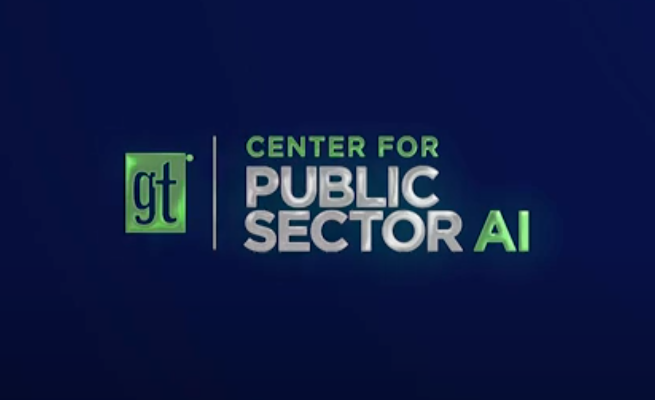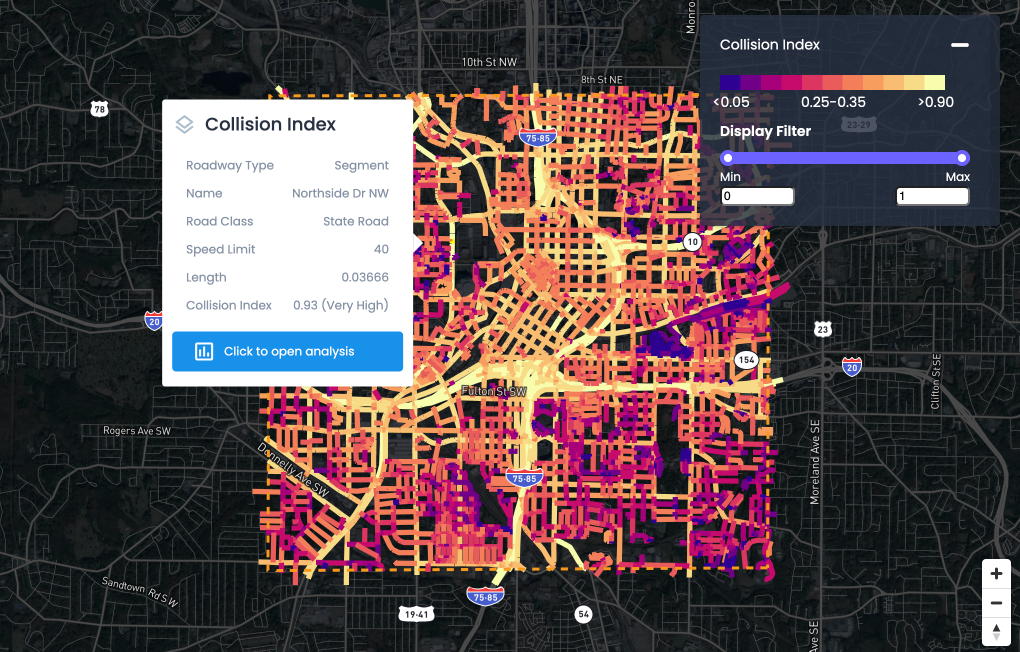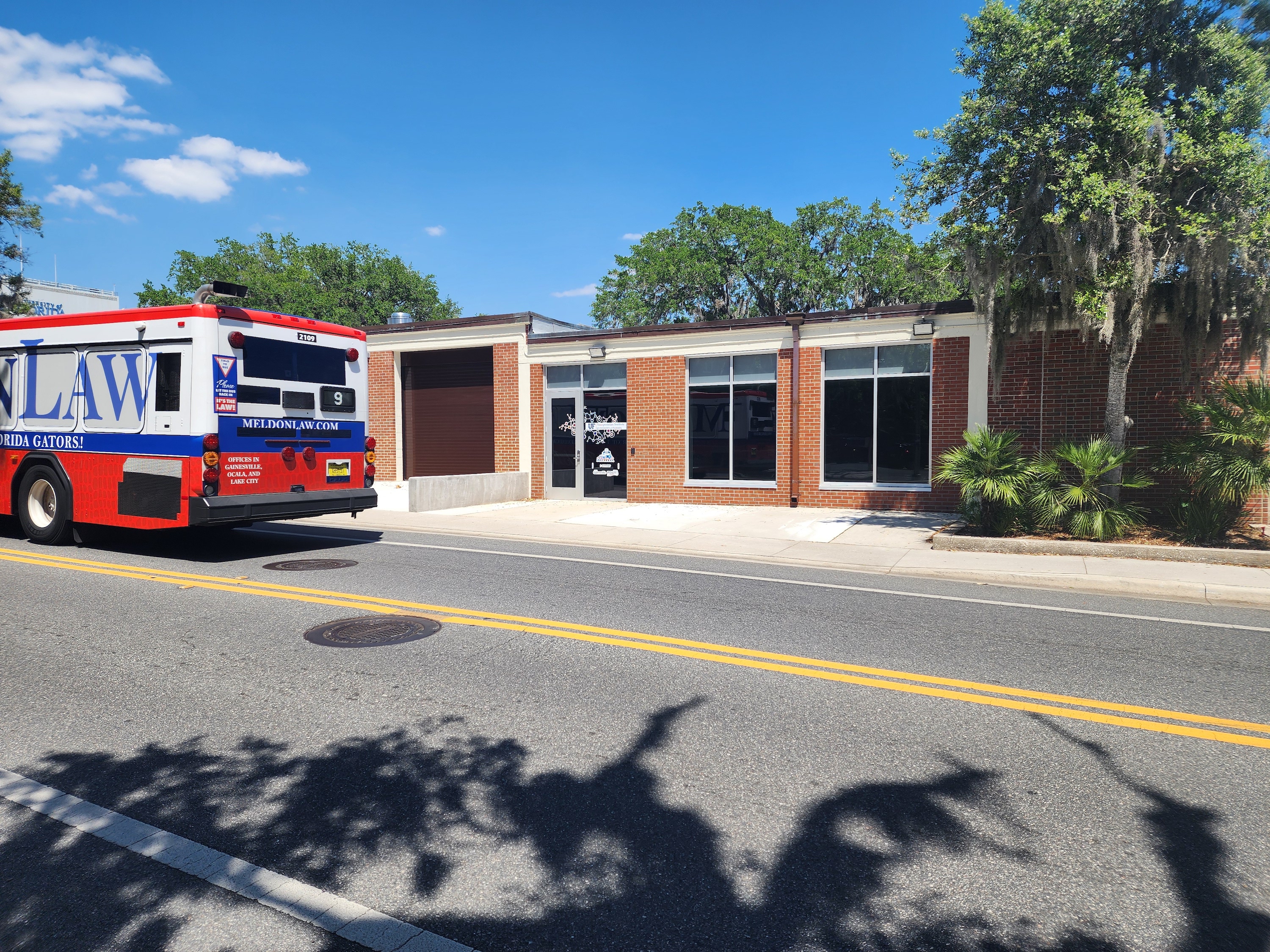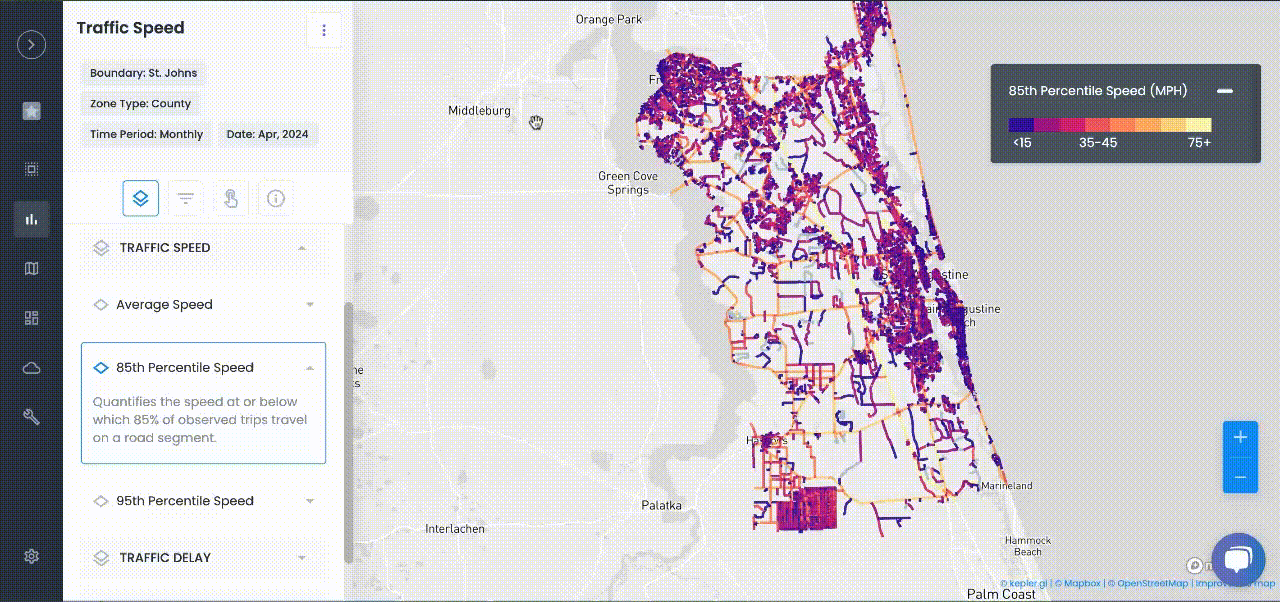
Customer Stories
SMART Grant Eligibility: $100M to Improve Transportation Efficiency and Safety
As a grant program run by the United States Department of Transportation, accessing the money set aside for the Strengthening Mobility And Revolutionizing Transportation program must be applied for. Here's how.
As a grant program run by the United States Department of Transportation, accessing the money set aside for the Strengthening Mobility And Revolutionizing Transportation program must be applied for.
Rather than run programs from the top down and developing the programs themselves to be tested on communities regardless of need, eligible participants can present their own transportation plans and programs and show how they fit in with the department’s programs.
Under the Bipartisan Infrastructure Law, $100 million was appropriated for 2022 through 2026.
States, their subdivisions (counties, cities, townships, etc.), Tribal governments, public transit agencies, toll authorities, and metropolitan planning organizations are eligible to apply.
In addition, two or more municipalities or agencies can apply together.
Collaboration between municipalities and agencies is both important to building functional transportation systems and is a goal of the program, so there’s a good chance group applications may be favored over those by individual governments or agencies.
SMART grants are expected to support the departmental priorities as well as the program priorities of improving safety, resilience and equity, along side supporting climate goals, developing private-public partnerships and integrates aspects of the transportation system.
Successful grants are also expected to demonstrate that the innovations can be right-sized to communities, incorporated into existing technological systems, share data while using cybersecurity best practices, promote workforce development and be capable of measurement.
The grant program has two stages, one for planning and prototyping and one for implementation, however, the idea is that only successful stage one applicants will be able to apply for stage two funding.
Awards of up to $2 million will be made for stage one and projects are supposed to either be capable of full implementation by the end or they will bow out.
Costs including planning, feasibility studies and environmental review can be covered by the grants, but not reimbursement of grant writing, parking enforcement or the lease of a license plate reader. A standard application form is available from the department.
The department included a list of illustrative use-cases for projects of the type they wanted to see, but they emphasized the list wasn’t meant to be exhaustive.
They included projects designed to reduce crashes, speed up transit with signal priority, keep streets and sidewalks clear with automated sweeping and plowing, reduce transit fares, improve paratransit service, reduce truck congestion at ports, increase grid capacity for electric vehicle charging and develop smart infrastructure for pedestrians and cyclists.
The deadline for the first year’s stage one applications closed late in 2022, with likely similar deadlines for future years. Stage one grant awards are intended to be named the year following an application deadline.
Projects funded by the SMART program have great potential to help cities test and adopt new technologies, as well as new ways of thinking about transportation and mobility.
The SMART program will likely spark conversations and encourage new ways of thinking about transportation and mobility — including safety, multimodal, and last-mile innovations to help people and goods reach destinations more quickly and efficiently
<hr></hr>
Learn more about how Urban SDK can help your organization make informed decisions using critical data. Contact our team here.

NEWS
Recent Announcements
See how public sector leaders succeed with Urban SDK.

Company News
Urban SDK Joins Government Technology’s AI Council to Help Shape the Future of AI in the Public Sector
We’re proud to announce that Urban SDK has officially joined the AI Council, part of Government Technology’s Center for Public Sector AI

Company News
Collision Index: Proactive Traffic Safety Powered by AI
Communities now have another layer of road safety thanks to Urban SDK’s Collision Index

Customer Stories
University of Florida Transportation Institute Partners with Urban SDK to Expand I-STREET Program
Urban SDK and the University of Florida have partnered to expand the university's I-STREET Program
WEBINAR
Identify speeding and proactively enforce issues
See just how quick and easy it is to identify speeding, address complaints, and deploy officers.
